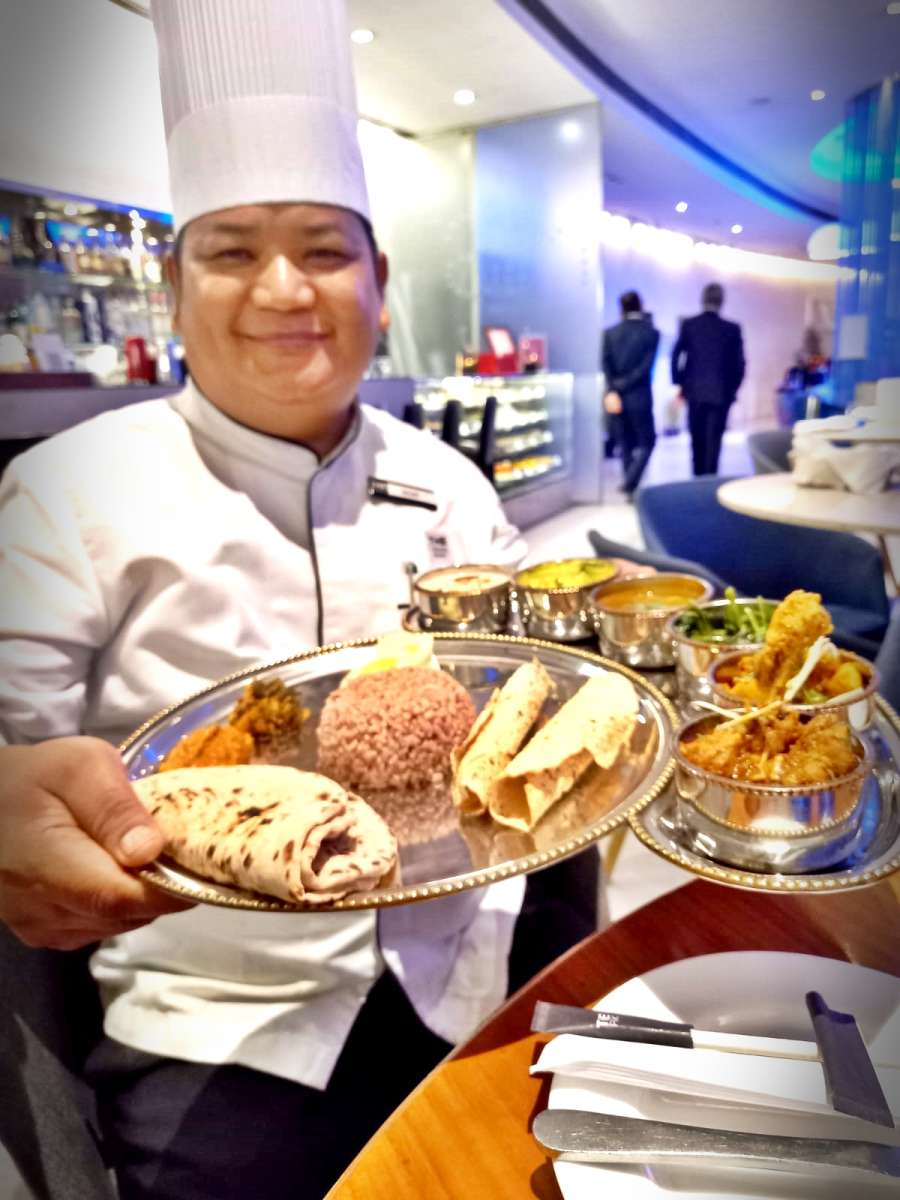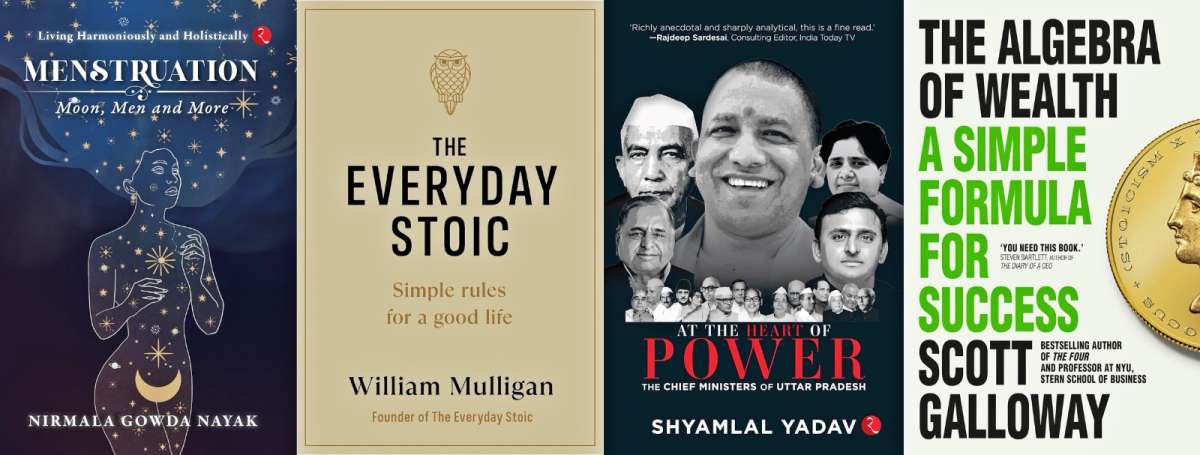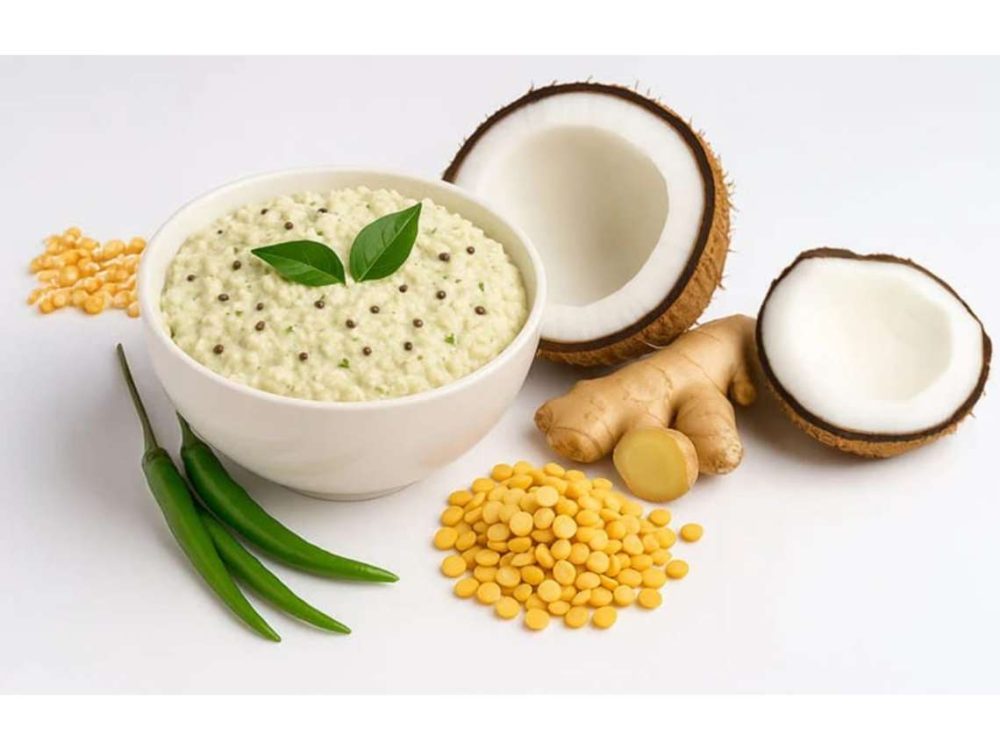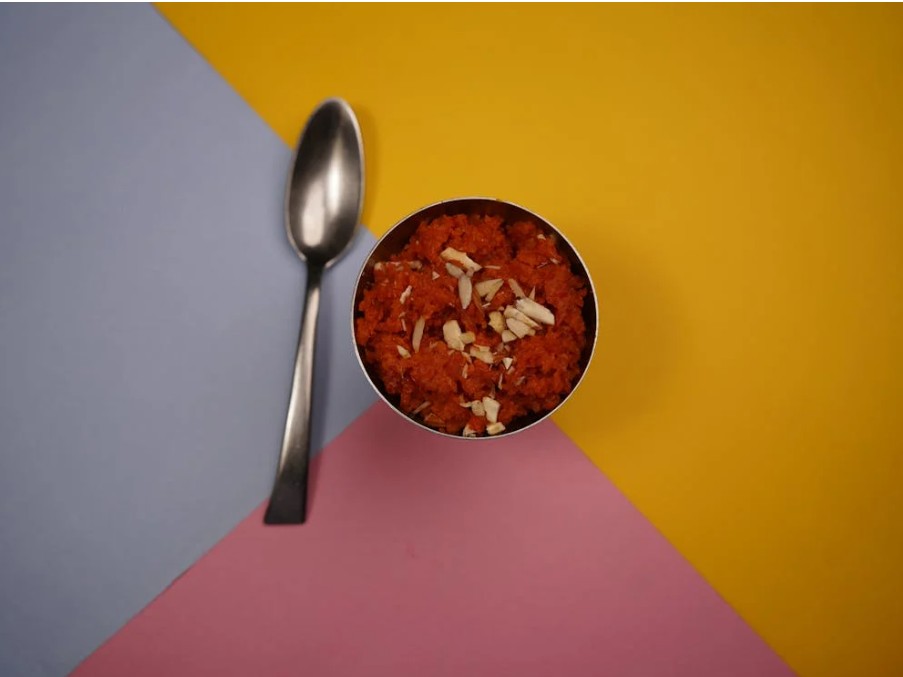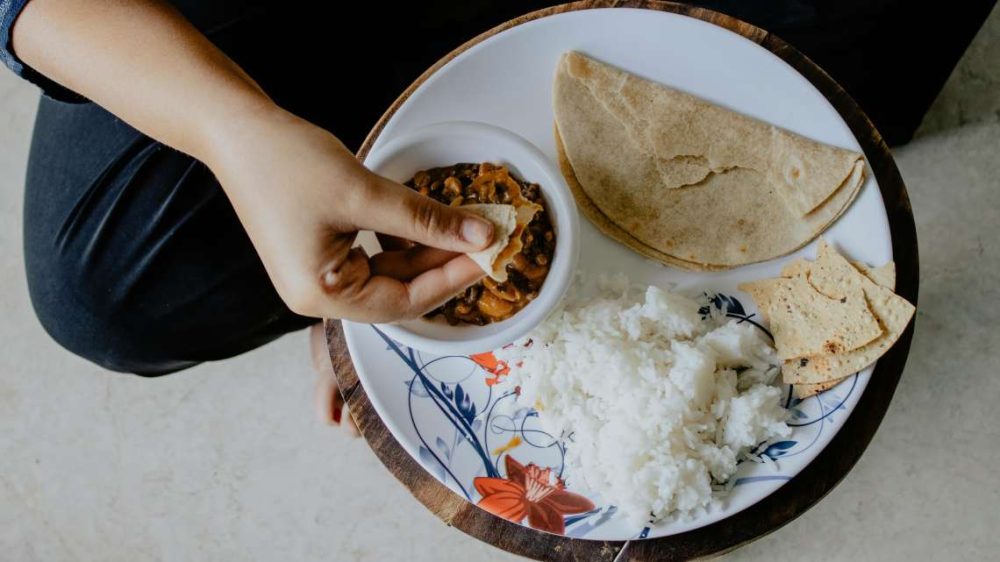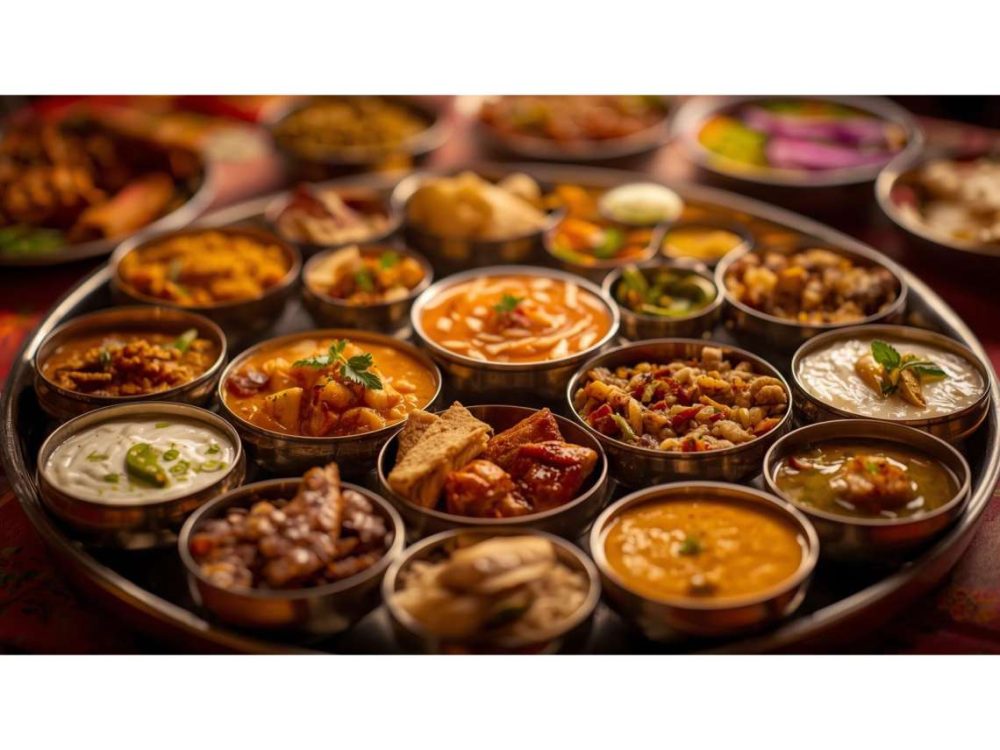Marsi is grown at an altitude of 3,000 feet, which makes it one of the world’s most cold-resistant rice varieties…reports Sourish Bhattacharyya
Many a time, chefs who are neither celebrities nor celebrated, make the best food straight from the heart. They could either be working in anonymity in the banquet kitchens of hotels, or making dim sum like The Park New Delhi’s Basant Rana.
A man of few words, and a warm and welcoming smile, Rana is steering a Nepali food fest at the hotel’s all-day multi-cuisine restaurant, Mist, which is now also the way into the hotel as a result of a major renovation work.
In fact, there couldn’t be a more tempting entry into a hotel because Rana’s ‘thukpa’ (Rs 200*, veg / Rs 250 non-veg) is a heart-warming meal-in-a-soup-bowl, which comes loaded with vegetables and the meat of your choice to gladden your heart.
And the jhol momos (Rs 299, veg / Rs 399, non-veg) may make you sweat, but you’ll thank God (and Rana) for the treat.
You could have a complete meal with just the thukpa and momos, and come back on another day for the thali, or just go for the thali that comes studded with Nepali specialities served with Marsi red rice, which is special to the Himalayan nation.
Marsi is grown at an altitude of 3,000 feet, which makes it one of the world’s most cold-resistant rice varieties.
The thali, priced at Rs 995 (veg) and Rs 1,250 (non-veg), is a sumptuous meal where each item jumps out at you because of the layers of taste veiled in its simplicity.
The thali includes ‘aloo chakauni’, which is rather lamely translated as potato-yoghurt salad but is closer to a ‘potato kadhi’; ‘kwati’, a wholesome soup made with nine different types of bean sprouts, a favourite of the Newari community; and ‘chyao ko subzi’, a dry preparation with multiple mushrooms that you are not likely to forget in a hurry.
And then there’s something as typical to the Nepali table as ‘gundruk ra macha ko jhol’, a curry where fish is cooked with ‘gundruk’ (fermented radish or mustard leaves), which are popular in the winter months not only in our Himalayan neighbour, but also in Sikkim and Uttarakhand. Top it all up with the finger-lickingly tasty Himalayan Mutton Curry or the Chicken Ledo, another hot yet soul-satisfying curry that stands out for its simplicity.
After a Nepali meal, you need a dessert to pacify your digestive system, especially if it is not used to pungency. Our meal’s sweet conclusion was a kheer prepared with kodo millet and crunchy almonds. Once you have this kheer, you will fall in love with kodo millet, which is mainly produced in Nepal and India. Among millets, promoted vigorously by the United Nations and the Government of India last year, kodo is indeed the poster boy.
A Nepali meal may be devoid of the drama and gimmicks of avant garde cuisine, but it is just what you’d like to dig into when you look for an uplifting food experience. Head to The Park and check out the food festival. It is on till June 30.
* All prices mentioned do not include GST
ALSO READ-Soho Wala: Explosive Flavours of Fresh Indian Street Food in Central London


